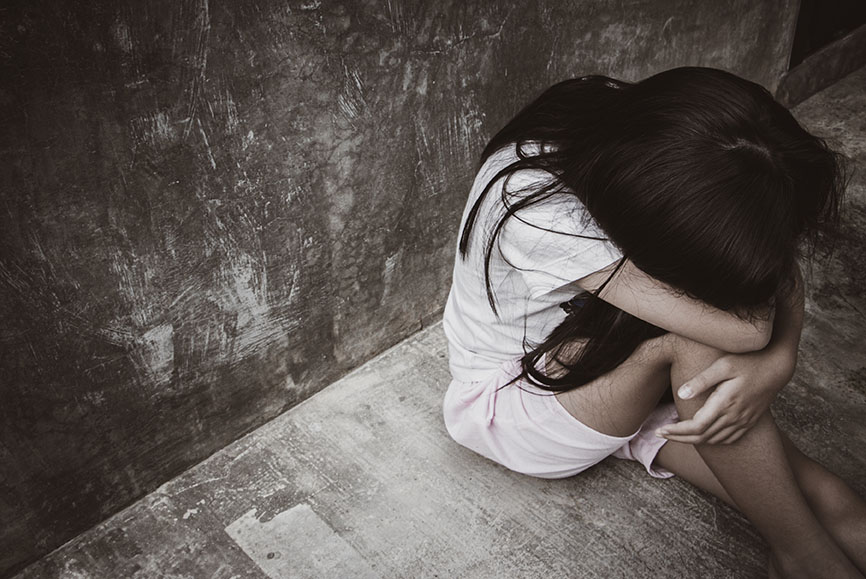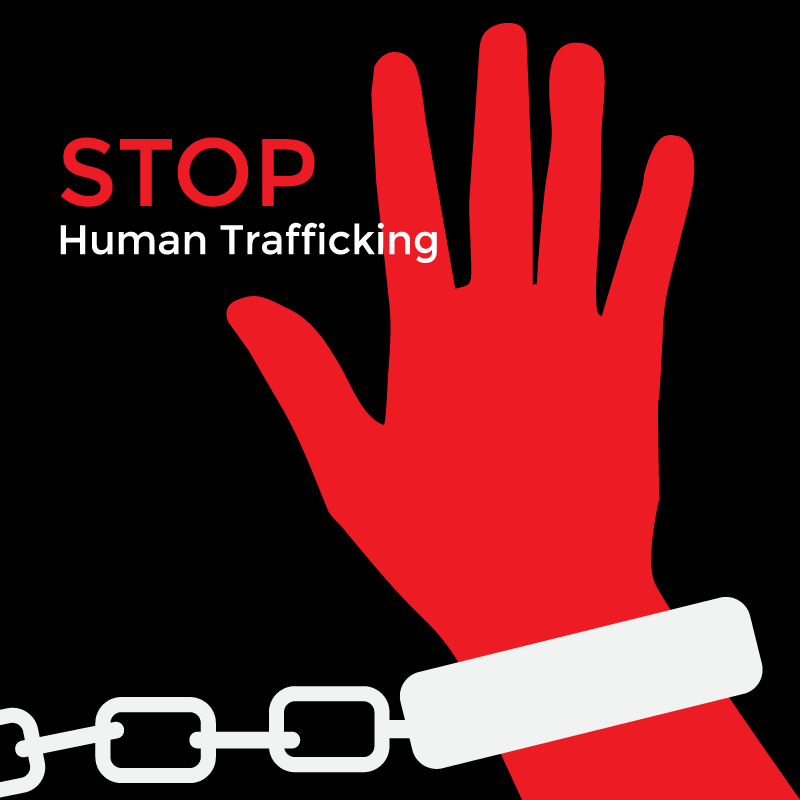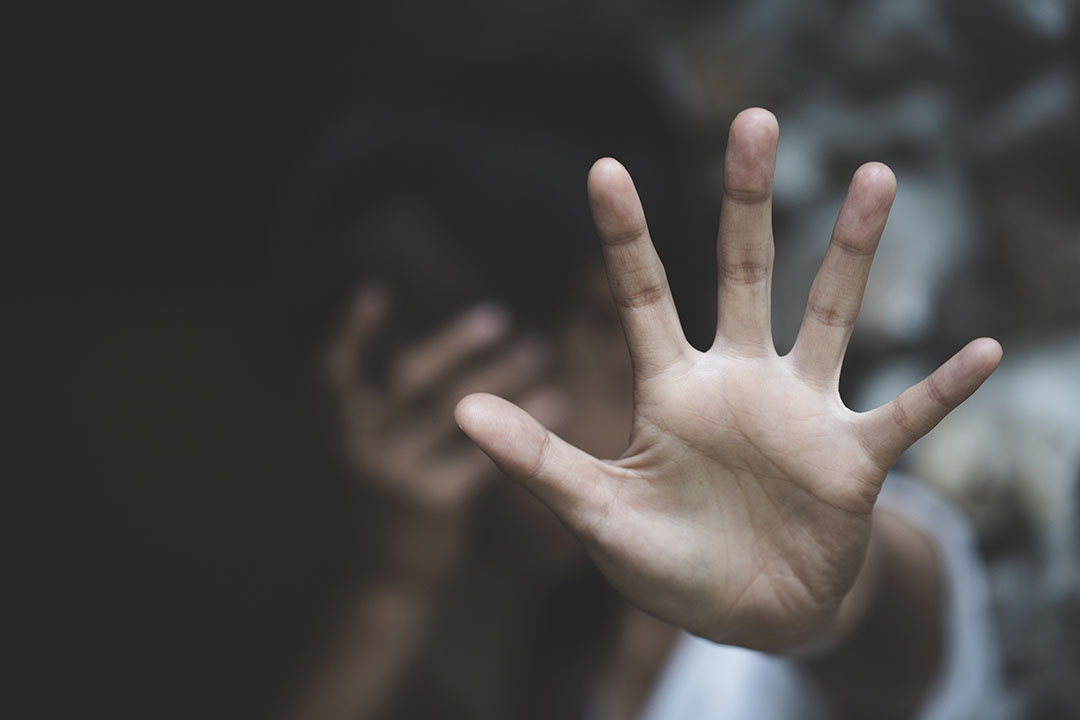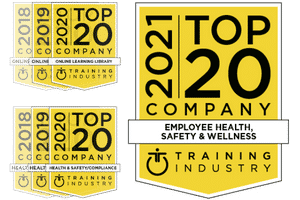Human Trafficking Awareness
Human trafficking affects 25 million people around the world, with victims found across industries from commercial sex work to farms and hair salons. Traffickers often know their victims intimately and can take advantage of them using money, gifts and threats to ensure total control.
Hotels are often central to the process of trafficking, with victims being forced to perform commercial sex acts, work or stay in hotels as part of the process. Polaris, a leader in the fight to end trafficking, found that 75% of victims had been in a hotel while being trafficked. It is critical that hotel employees are aware of the signs of trafficking and know how to act.
Human Trafficking Victims

The Trafficking Victims Protection Act of 2000 includes sex trafficking as well as labor and service trafficking. Trafficking of any kind is a crime and always involves some form of coercion, force or fraud. Traffickers tend to take advantage of vulnerable people, such as those in unstable living conditions.
Like in other crimes, victims do not fit one single profile. Men and women, children and adults are all vulnerable to trafficking, lured by false promises like love, money or stability. Some of the most vulnerable populations include American Indians, Alaska Natives, LGBTQ+ individuals, runaway youth and low-income individuals.
Trafficking is often assumed to just involve commercial sex, but it reaches much further than that. Victims can be found in legal and illegal industries, including:
- Child care
- Drug trade
- Nail and hair salons
- Hotels
- Traveling sales crews
Victims can be hidden from public view as domestic servants or household workers, or they might be working next to non-trafficked employees at bars, factories and farms.
Who is a Human Trafficker?

Just like there is no single profile of a victim, perpetrators don’t fit into one mold either. Traffickers are often someone the victim considers a friend, intimate partner or family member. They’ve likely spent months or even years grooming their victim before coercing or forcing them into a trafficking situation.
Traffickers can be foreign nationals or U.S. citizens, and they could work alone or as part of a larger organized crime ring. Traffickers can be:
- Pimps
- Gang members
- Diplomats
- Farm owners
- Factory owners
Both women and men have been convicted of trafficking. Traffickers are not limited by gender, race, religion, age or nationality.
Trafficking in the Hospitality Industry

The hospitality industry offers privacy and anonymity to traffickers, allowing them to operate discreetly. The industry has frequent turnover, and with 24/7 operations, shift changes can make it difficult to keep track of one individual’s actions.
However, it isn’t just sex trafficking. Hotels are also ideal places for victims being forced to work and earn money for their trafficker. Hotels using third-party hiring services or not performing background checks can allow victims to slip through unnoticed. Traveling sales crews also use hotels as their base, exceeding occupancy limits, throwing drug- and alcohol-fueled parties and destroying rooms before disappearing.
When it comes to putting a stop to trafficking, hotel employees at all levels can play a role. The concierge, bellhop, front desk staff and valet staff are likely to be some of the first to interact with guests. The trafficker may also attempt to bring the victim in separately, through back entrances or side doors, so security staff may be the first to see any potential trafficking activity.
No matter what part of the hotel they work in, staff should look for:
- Individuals leaving the room infrequently, not at all, or at odd hours
- Excessive use of hotel computers for adult websites
- People selling items to or begging from patrons or staff
- Few or no personal items when checking in
- Rooms paid for with cash or pre-loaded credit cards
However, a trafficker and victim may exhibit none of these behaviors so employees should always be on the lookout for abnormal behavior.
Once a guest is checked in, they may avoid the front desk. However, there are always other staff members working behind the scenes including housekeepers, maintenance and room service staff. All staff should be alert for guests who act suspiciously.
Behind-the-scenes staff might see:
- Rooms requesting additional towels or new linens but refusing entry
- Excessive amounts of cash or electronics in a room
- A smell of bodily fluids or musk
- Minors left alone in rooms for long periods of time
- Children’s items or clothing in a room, but no child registered to the room
Housekeeping and maintenance staff are also in a good position to notice a large quantity of anything in the room that seems atypical of hotel guests, from clothing and luxury purses to sex paraphernalia like condoms.
In addition to hotel rooms, restaurants and bars inside hotels are often a popular place for human traffickers to conduct business. Food and beverage staff have the chance to see potential traffickers and victims up close, allowing them to spot suspicious behavior. Some common signs staff can look for in the hotel bar or restaurant include:
- A patron with a minor they did not come in with
- Individuals soliciting hotel guests and restaurant patrons
- Someone begging for food or money
- A person claiming to be older than their appearance, suggesting they are a minor
Hotel bar and restaurant employees typically are in a good position to use conversations with potential victims as a chance to look for signs of injury, fear or other concerns.
What You Can Do

All employees need to know the signs of potential trafficking and how to respond. While it can be tempting to step in and say something, employees should never attempt to confront the trafficker or alert the victim to their suspicions. If the threat is immediate, employees should call 911, otherwise they should alert management and security.
Some hotels may have specific protocols for trafficking situations. If not, employees should either call 911 or the NHRTC, the National Human Trafficking Resource Center, at (888) 373-7888. Employees can also contact the NHTRC by texting HELP or INFO to 233733 (BeFree).
Conclusion
While employees in most public-facing industries should be aware of the signs of human trafficking, it is critical for hotel employees, who interact with people from all walks of life. Human traffickers and victims may not look like they do in movies, so being aware and being prepared makes a big difference when it comes to ending trafficking.


